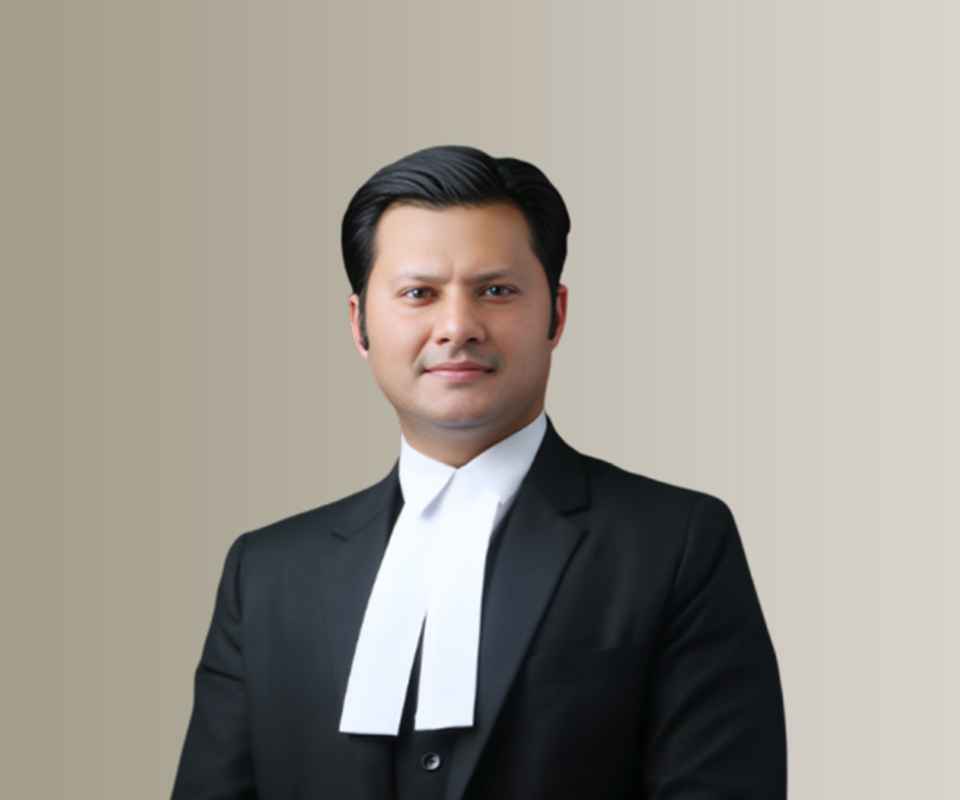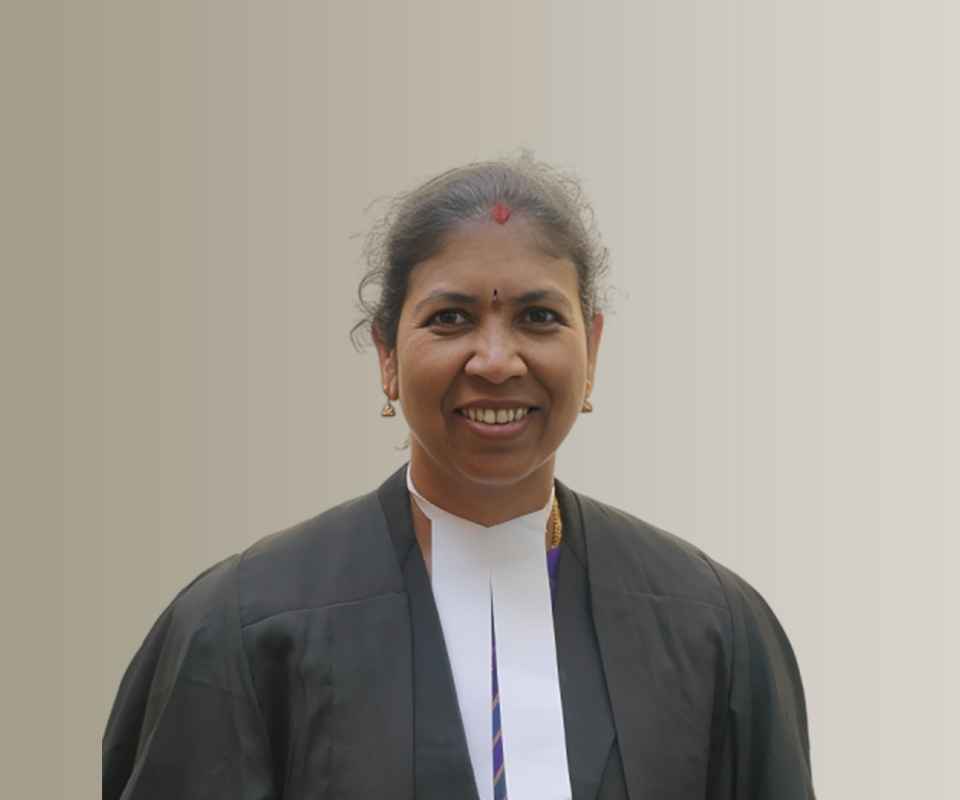Answer By law4u team
When both parents are declared unfit to care for their child, either due to neglect, abuse, addiction, or other serious issues affecting their ability to provide proper care, the child’s rights take precedence under Indian law. In such situations, the state and the judicial system have several provisions to ensure the child’s safety, well-being, and best interests. These provisions prioritize the child’s protection, welfare, and right to a healthy and stable environment.
1. Legal Framework for Protecting the Child
1.1 Indian Constitution
The Indian Constitution guarantees certain fundamental rights to every citizen, including children. These rights protect children from harm, neglect, and abuse, even if their parents are deemed unfit. These include:
- Right to Life and Personal Liberty under Article 21: Every child has the right to live with dignity, which includes the right to protection from abuse and neglect.
- Right to Equality under Article 14: The state must ensure that children, regardless of their parentage, receive equal protection and treatment under the law.
1.2 The Juvenile Justice (Care and Protection of Children) Act, 2015
The Juvenile Justice Act is the primary legal framework for addressing the protection and welfare of children in India. It includes provisions for cases where parents are unfit to care for their children.
- Child in Need of Care and Protection (CNCP): If both parents are declared unfit, the child is considered to be in need of care and protection and may be taken into custody by the state.
- Child Welfare Committee (CWC): The CWC is responsible for reviewing cases where children are at risk due to unfit parents. It assesses the situation and determines the best course of action, which could include placing the child in foster care, adoption, or institutional care.
1.3 The Right to Education Act, 2009 (RTE)
Children whose parents are unfit are still entitled to education under the Right to Education Act. This ensures that children do not lose their right to attend school simply because they lack parental care.
1.4 The Protection of Children from Sexual Offences (POCSO) Act, 2012
If a child is being harmed or abused by unfit parents, the POCSO Act can provide additional protection, ensuring that any form of abuse, including sexual abuse, is addressed swiftly and legally.
2. Legal Protections and Rights for Children When Parents Are Unfit
2.1 Right to Protection from Abuse and Neglect
The child has the right to be protected from any harm, abuse, or neglect. If parents are unfit, social workers, child protection officers, and law enforcement are tasked with ensuring the child is moved to a safer environment.
- State’s Role: The state takes responsibility for the child’s care and protection through various mechanisms, including foster care, adoption, or placement in a children’s home if necessary.
- Judicial Oversight: The family court or Juvenile Justice Board may intervene in cases where the parents' inability to care for the child leads to abuse or neglect.
2.2 Custody and Guardianship
When parents are declared unfit, the custody and guardianship of the child may be transferred to another relative, legal guardian, or to the state. The court makes these decisions based on the child’s best interests.
- Relatives as Guardians: In cases where suitable relatives are available, they may be appointed as the child's legal guardians after a legal process to assess their ability to provide care.
- Foster Care and Adoption: If no suitable family members are available, the child may be placed in foster care or be put up for adoption. Both processes are regulated under the Juvenile Justice Act and the Adoption Guidelines.
2.3 Adoption Process
If both parents are unfit, the child may be placed for adoption under the Hindu Adoption and Maintenance Act, 1956 (for Hindus) or the Juvenile Justice Act, 2015 for other communities. The process involves:
- Adoption by a Suitable Family: The Child Welfare Committee (CWC) will assess potential adoptive parents to ensure that they are capable of providing a safe and nurturing environment.
- Legal Procedure: The adoption is then finalized by the court after evaluating the suitability of the adoptive parents and ensuring that the child's interests are safeguarded.
2.4 Foster Care
Foster care provides temporary care for children whose parents are unfit. This arrangement ensures that children are placed in a safe and supportive environment until a permanent solution, like adoption or family reunification, is possible. The CWC or District Child Protection Unit (DCPU) typically oversees foster care placements.
3. The Role of Family Courts and Juvenile Justice Boards
Family Courts: The family court can intervene if there is a dispute regarding guardianship or custody after both parents are found unfit. The court will prioritize the child’s best interests when making decisions.
Juvenile Justice Board: The Juvenile Justice Board is responsible for cases where the child is at risk, either from unfit parents or other sources of harm. The board will take necessary actions to ensure the child's safety, well-being, and welfare.
4. Steps to Take When Both Parents Are Declared Unfit
4.1 Assessment by the Child Welfare Committee (CWC)
Once it is established that both parents are unfit, the CWC will assess the child’s situation and decide on the most suitable placement. This could include:
- Placement in an institution (like a children’s home) if no immediate family members are available to care for the child.
- Referral to foster care or adoption if no immediate family members are able or willing to provide care.
4.2 Police Involvement
If there is immediate danger to the child due to abuse, neglect, or exploitation, the police may intervene and take the child into protective custody. The police will report to the CWC or the Juvenile Justice Board for further action.
4.3 State Custody
In extreme cases where there are no suitable relatives or caregivers, the state takes over the child's custody. The District Child Protection Unit (DCPU) is responsible for overseeing such cases, ensuring the child's rights are protected and providing necessary care.
5. Example
Case 1: A child whose parents are addicted to drugs and have been abusive is placed under the care of the Child Welfare Committee. The CWC assesses the situation and places the child in a children's home until a suitable foster family is found. The court oversees the child's placement and ensures their well-being.
Case 2: A mother and father are both found unfit to care for their child due to ongoing neglect and violence. The Family Court intervenes and transfers custody of the child to an aunt who is a relative but lives in a different city. The court monitors the child’s welfare through periodic hearings to ensure the aunt can provide a safe environment.
Conclusion
When both parents are declared unfit to care for a child, Indian law ensures that the child’s rights are protected and that their safety and welfare are prioritized. Legal provisions such as the Juvenile Justice Act, CWC, and family courts provide mechanisms for placing the child in safe custody, whether through foster care, adoption, or state custody. The child's best interests are always the guiding principle, and various agencies work together to ensure that the child’s physical, emotional, and psychological needs are met.







